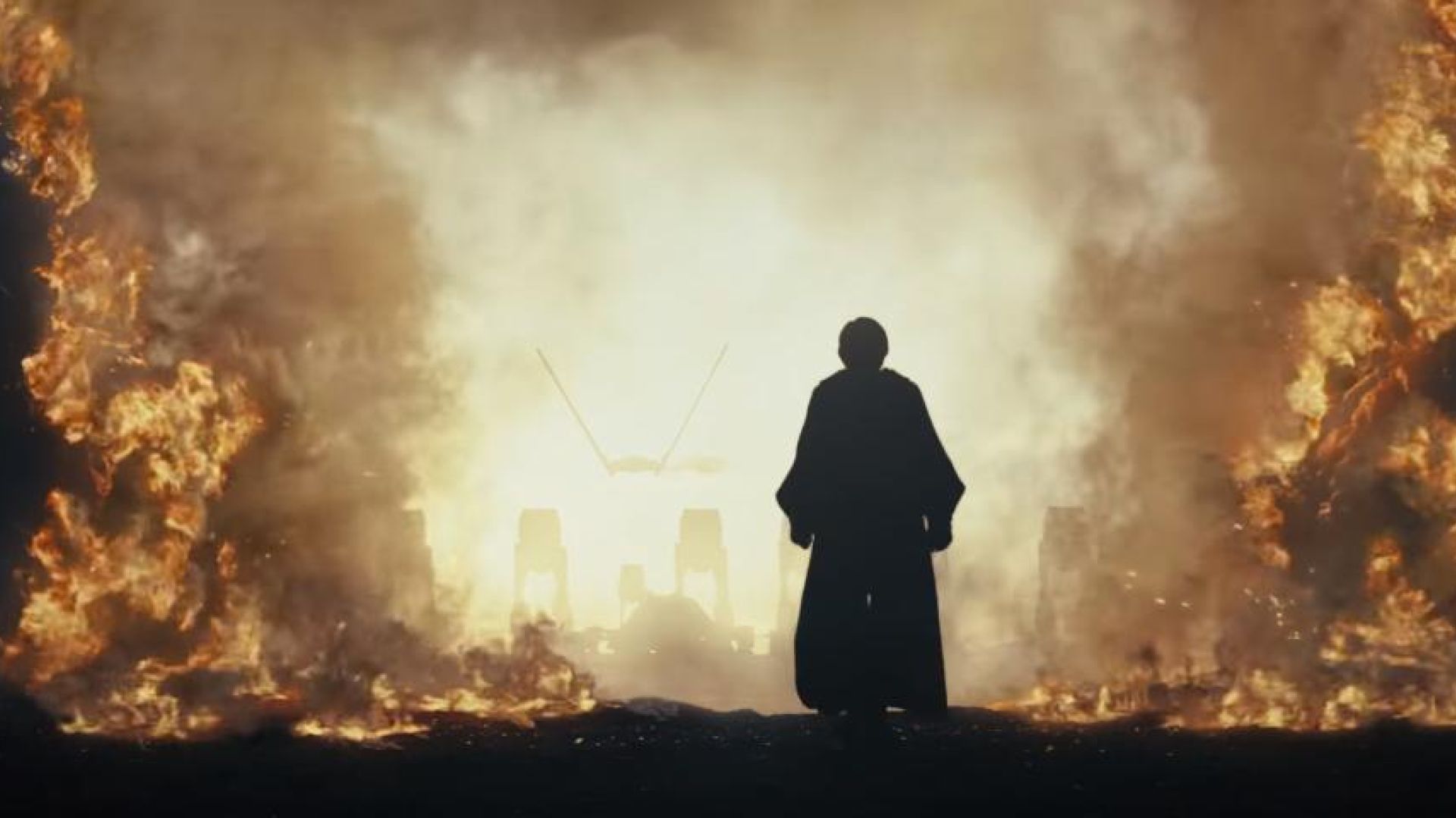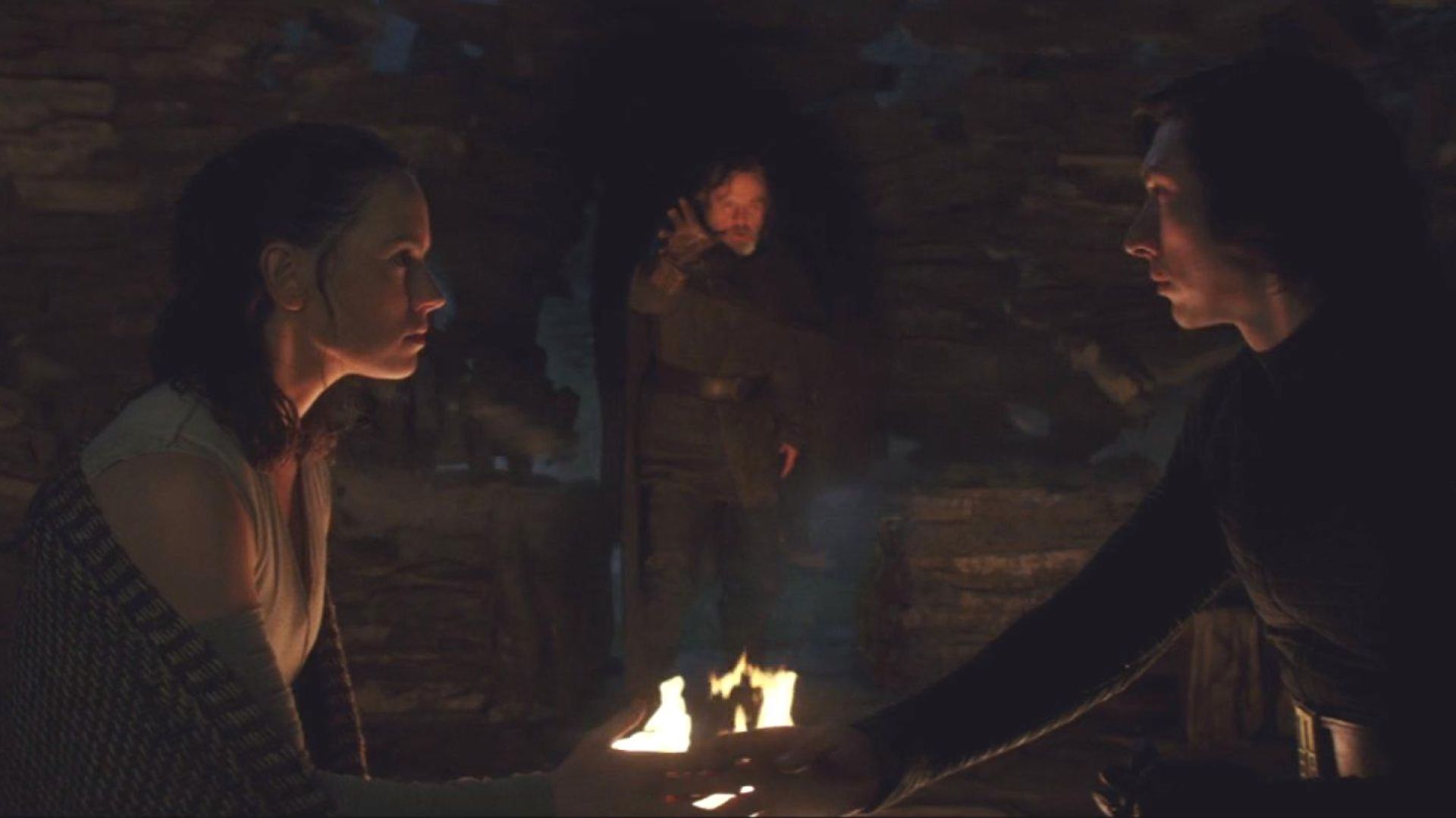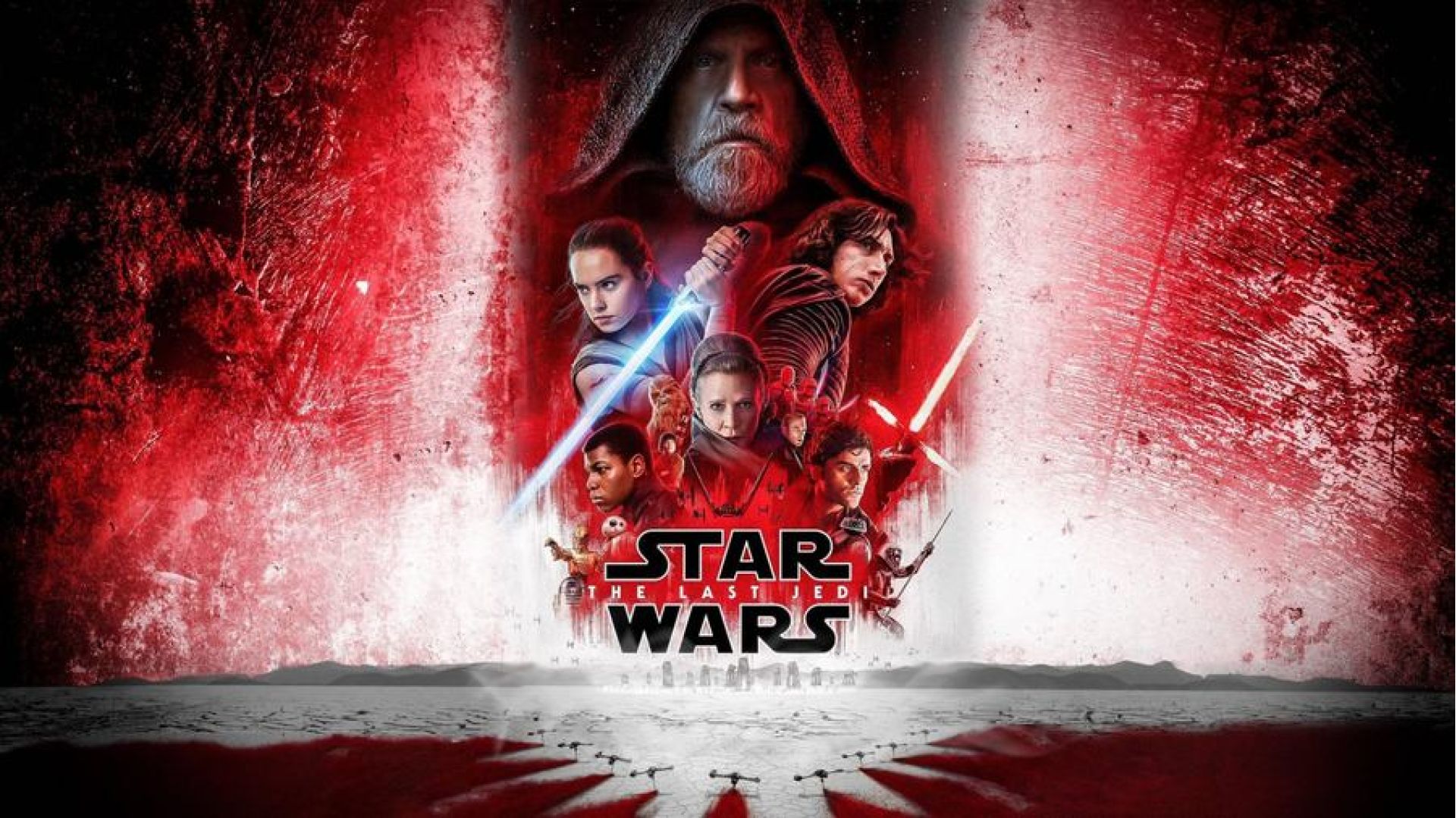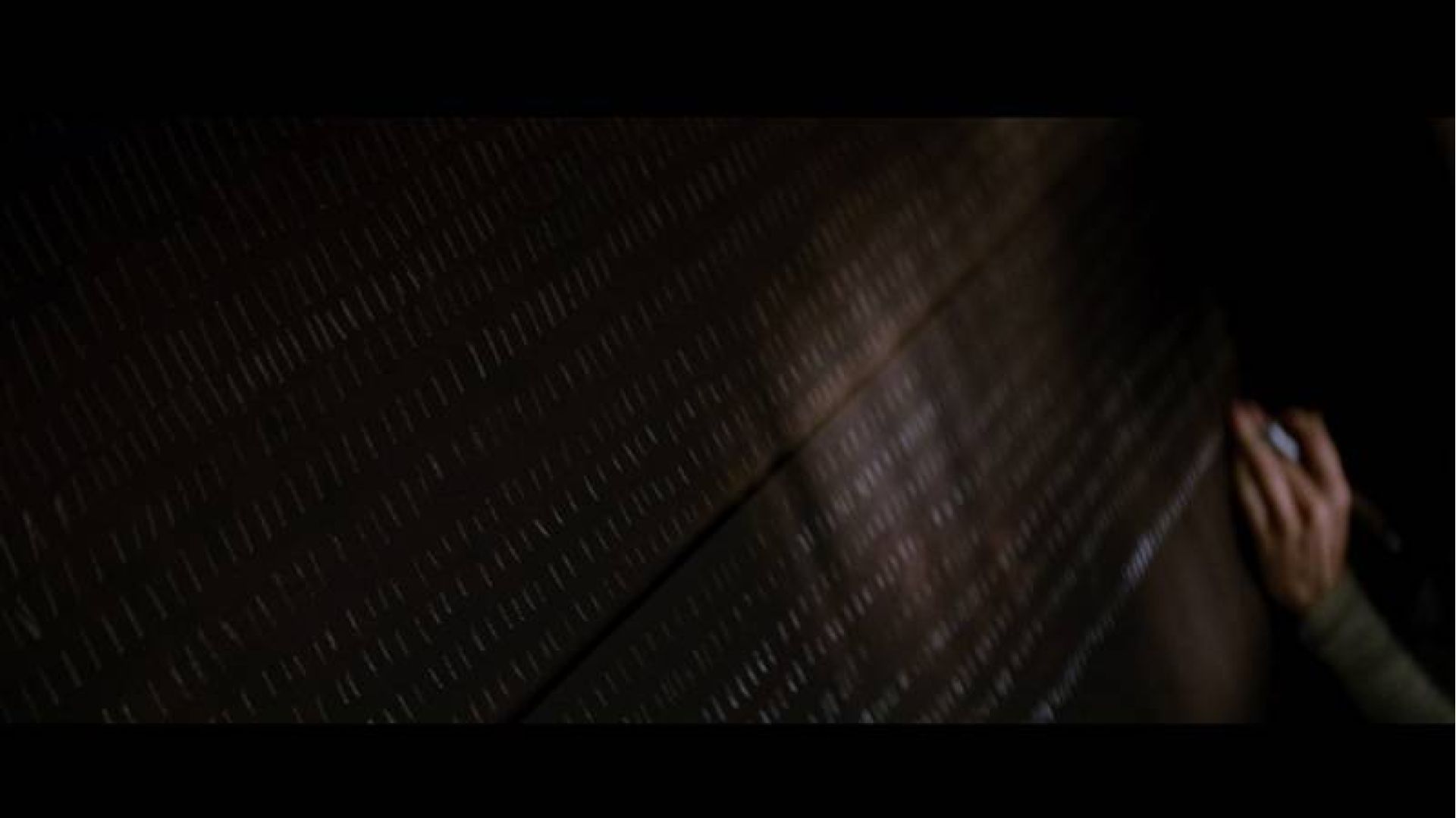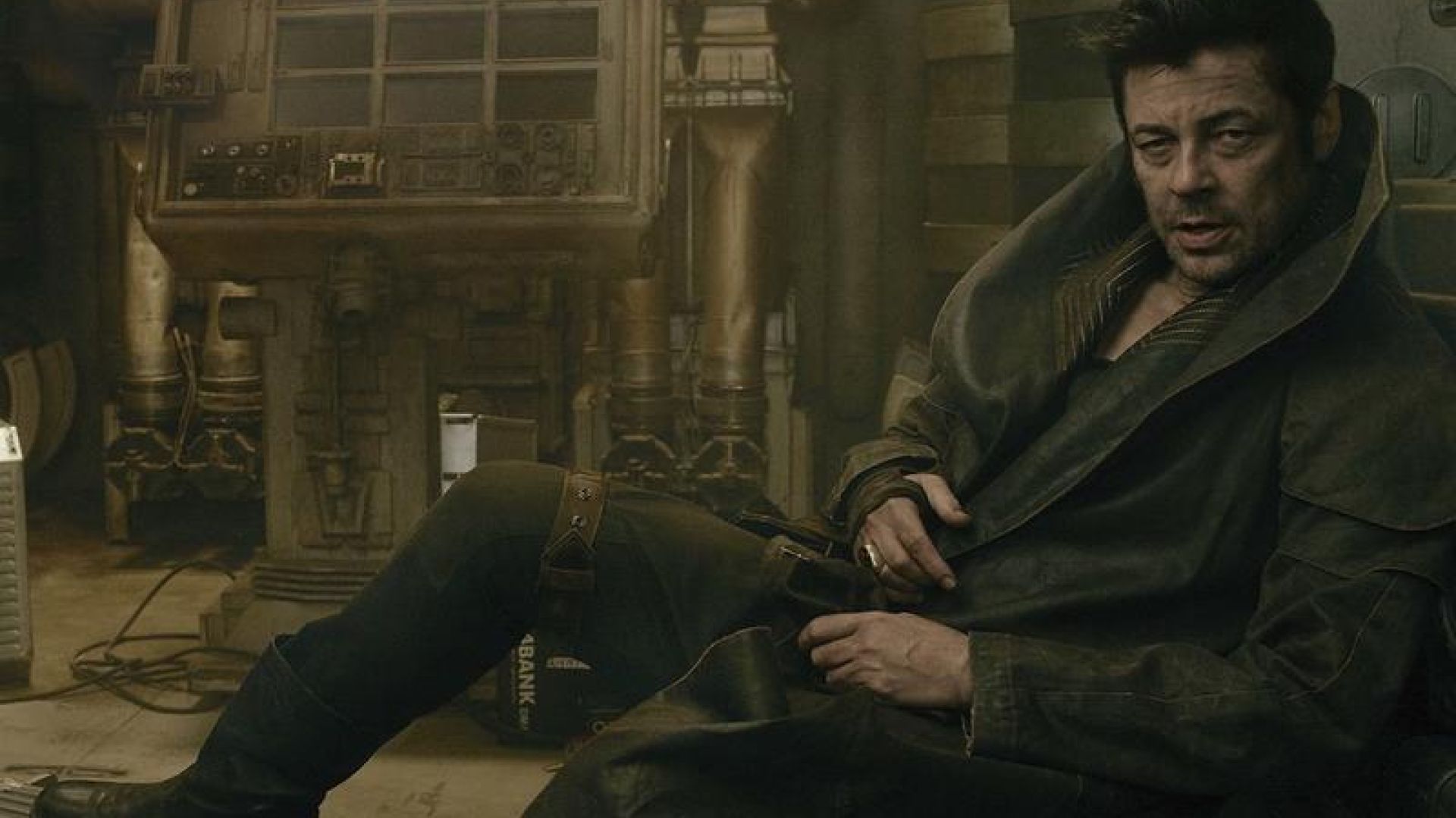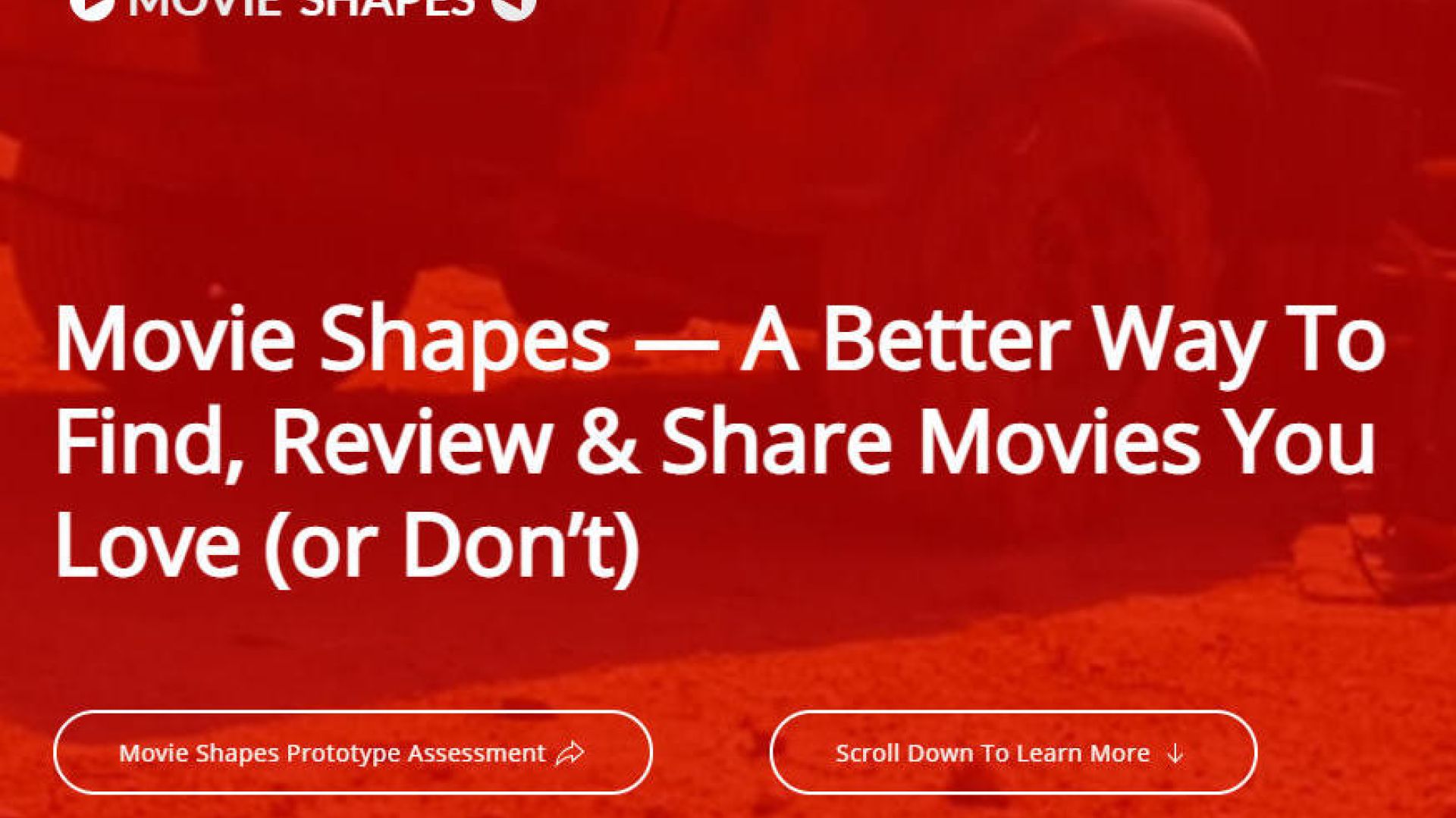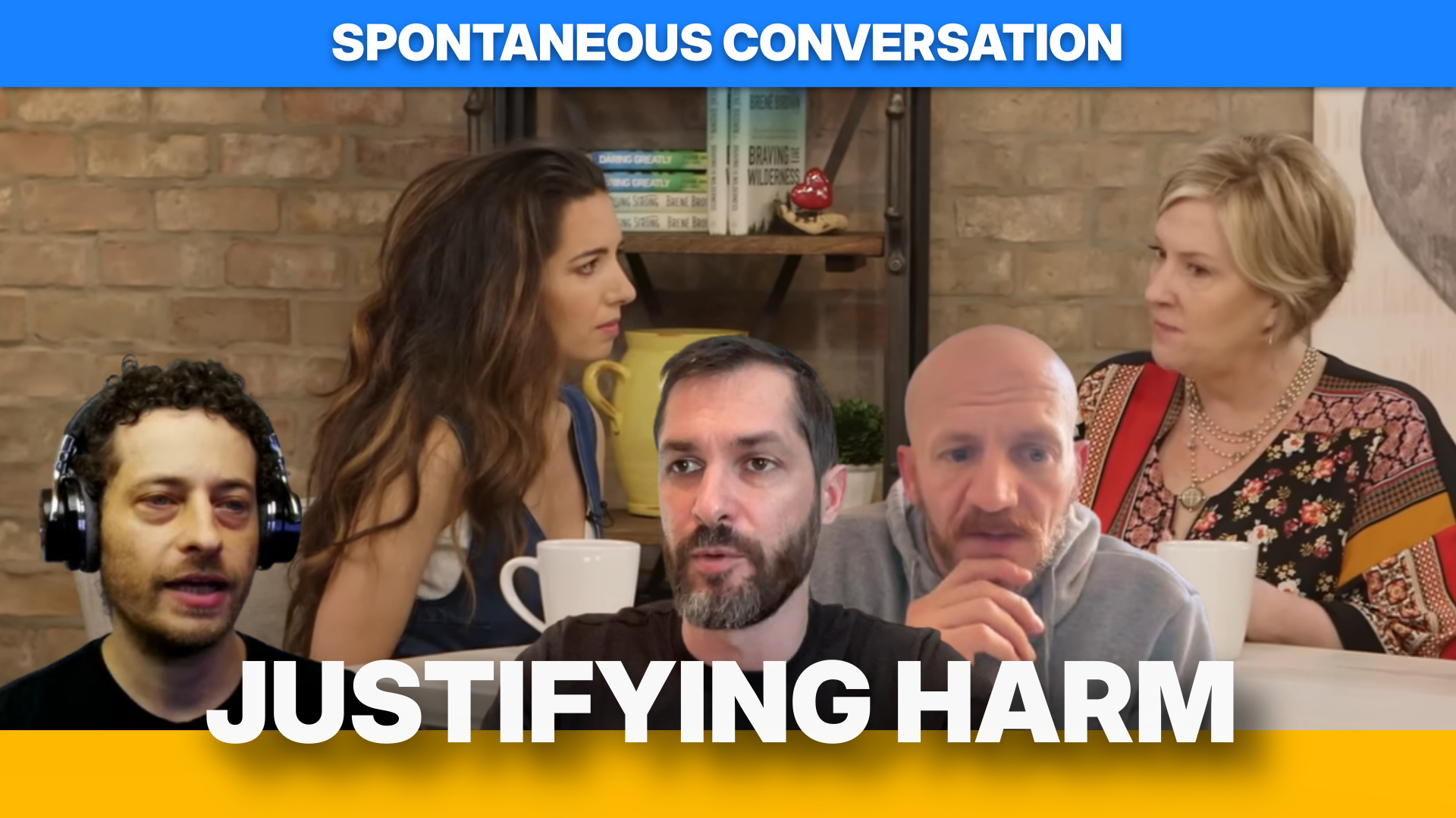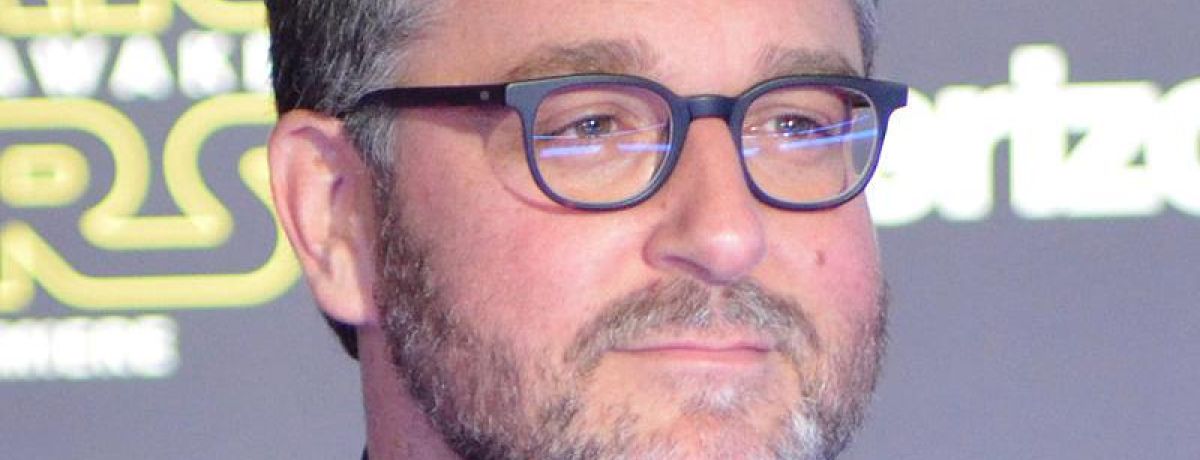
What Entrepreneurs Can Learn From The Firing Of Star Wars Director Colin Trevorrow
Star Wars: The Last Jedi (#8) arrives this December from director Rian Johnson. In the midst of this exciting new chapter in the latest Star Wars trilogy, production troubles came to the forefront. Colin Trevorrow, director, and co-writer of Star Wars Episode IX was fired by Lucasfilm as a result of bad collaboration and a problematic proposed script. The future of the final film in this new trilogy is in the hands of returning director J.J. Abrams (The Force Awakens).
If you've been following Star Wars news, you're also aware that the directors of the upcoming Han Solo prequel were also fired and replaced by seasoned director Ron Howard. You can read my blog about what freelancers can learn from that situation, here.

In this post, I will be providing my insights on the matter with friend Addison Williams. Addison, a writer, and marketing entrepreneur with an MFA in screenwriting.
As we dive into this topic, we’ll each provide our insight on the various milestones in the process of hiring and firing the ninth Star Wars film director, Colin Trevorrow. As we share our take, we’ll also link it to the powerful lessons entrepreneurs can take from these public business scenarios.

Life is Hard. Business is Challenging. The World is Uncertain.
Leaders, freelancers, and entrepreneurs: Get stories & systems, for navigating the challenges, in your inbox.
As we dive into our commentary, keep in mind our thoughts and insights are mostly based on rumors and leaked information. Since we weren't involved in the production, our facts may be incomplete or inaccurate, so we’re using Frog DNA to help fill the gaps. Regardless of accuracy, the lessons learned do apply regardless of what really happened. They're helpful for actual and aspiring business owners.
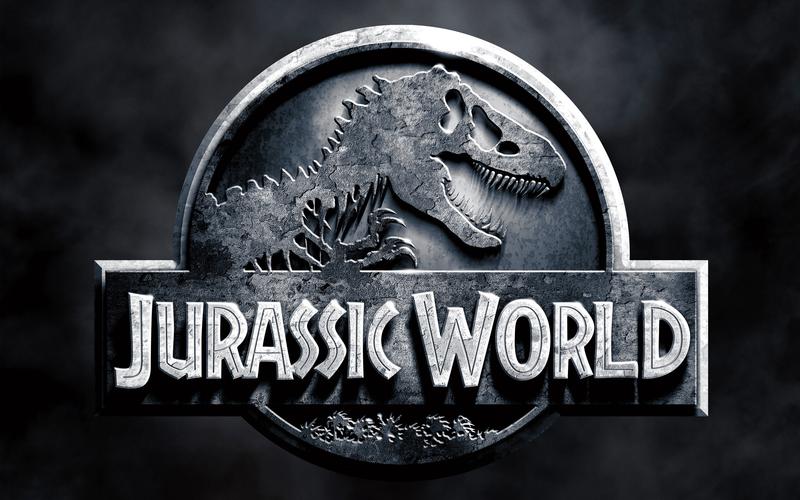
The Hiring Of Colin Trevorrow (Jurassic World)
Coming off the success of co-writing Jurassic World, Colin trevorrow was quickly hired by Lucasfilm as the director for the final chapter in the new Star Wars trilogy. Before Jurassic World, he had one other feature film under his belt, Safety Not Guaranteed. With mostly positive reviews of both his films and a billion-dollar box office for Jurassic World, it seemed like he was the director to hire.
What was your initial take on this hire? How do business owners fall into this same challenging situation? How can they approach hiring high impact leaders for important projects more wisely?
Thoughts From Jason Montoya:
As a fan of the work of Rian Johnson, I was excited to hear he’d be directing Star Wars #8, but when I heard Colin Trevorrow would be directing episode nine, I was more apathetic and reserved in the decision. While I thought Jurassic World was a fun movie, I was more disappointed with how it turned out more like the sequels and less like the original. But, it made sense that they hired him. He had made a successful independent film and a major blockbuster movie. On the surface, it seemed like the studio could get the best of both worlds. Unfortunately, what sometimes appears on the surface is not the true substance underneath.
In 2007, I formally launched my marketing company. A few years all-in, I was burned out and as a result, my elusive white whale soon became hiring a solid and successful salesperson. Unfortunately, my first attempts at hiring a successful representative didn’t work out.
But, then things changed. I was connected through a county business group to a sales representative at another company who was quite successful. This person even rose through the ranks becoming a sales manager for the company. Unfortunately, that company failed, leaving my business colleague in need of a new business to represent. The stars aligned for my little business, without the finances, to land a successful sales manager and rep on a commission only basis. And just like that, I got exactly what I asked for. Unfortunately, what I thought I was getting was not what I received.
While this team member embodied many strengths where I as a leader was weak, her attitude and lack of alignment to the company vision was hugely problematic. It eventually got to the point where I had to fire this person, not based on merit, but on attitude and the negative cancerous effect on the team and company. Before I got to this point, I did every possible thing I could think of to help this rep, but my investment was like throwing pearls before swine. A year later than I should have, I finally pulled the trigger and fired this person.
This was also like my first sales rep hire. There were flags and issues, but I chose to ignore them and as a result, I had to deal with the issues I invited into my company. In the end, it cost me time and money. In the case of hiring Trevorrow for Star Wars #9, it did the same for LucasFilm.
So, how does a business owner go about hiring and not end up in this type of situation, to begin with? Simply put, it comes down research and testing. Star Wars films are big projects with large stakes.
On the research side of things, I’d be talking with cast and crew who’ve worked with the director I’m about to hire for this major project. How was it like working with them? Obviously, their finished work is public for viewing, but what we don’t realize is that any major project is comprised of multiple team members. The question we need to answer is how much did the person actually direct, contribute, or guide? Many time a successful project is driven by someone behind the scenes, not the person up and front.
On the testing side of things, I’d be exploring smaller projects with these people before handing them the reigns to such a big project. The could add them as a producer on a big project with a small involvement in the process. Get to know them, and what’s it like working together.
After I shut down my company, I didn’t realize I’d become a full-time freelancer. With several of the companies I explored working with initially, I proposed we start the process by doing some contract projects. This would provide value to the company, let me earn some income and give us both a chance to explore working together. If it made sense, we could progress the relationship. If it didn’t, we could go separate directions. I find it silly that businesses don’t explore this contract before hiring option. Like going for it on fourth down, it may be too unconventional for companies to gravitate this way.
In conclusion, we’ve got to realize not everything is as it seems and we need to do our due diligence to find good partners, prevent hardships on relationships, and succeed on large projects. And, sometimes when we do this, it may involve tactics that are contrary to the culture we’re working within.
Thoughts From Addison Williams:
The hiring of Colin Trevorrow seemed like a decision by Lucasfilm to meet a specific goal: Episode IX has to sell tickets when it hits the box office. Colin Trevorrow proved with Jurassic World that he could get people into theater seats for more Jurassic Park movies, and as a business, Star Wars must make sure that revenue comes first too. While every business can have a much more meaningful purpose than just money, that true purpose can only come true if sufficient revenue comes in to enable it, and the Star Wars intellectual property is not immune to that principle.
Colin Trevorrow’s Jurassic World scored a 71% on Rotten Tomatoes with critics (as compared to the original Jurassic Park scoring 93%) but it didn’t matter; everyone had already come and seen it and made it into the blockbuster hit of summer 2015. It only scored a 78% with audiences, but you don’t have to love a movie to go see it or even to recommend someone else to see it. In fact, Colin’s slightly above average scores made him perfect for the job of a solid movie that would gross huge numbers regardless of artistic merit or public opinion.
Unfortunately, it appears Lucasfilm only noticed too late that Trevorrow was going to compromise the deeper purpose of the company, and they had failed to identify that goal from the outset: Colin wasn’t going to tell a story consistent with Lucasfilm’s vision for the franchise. Whether Kathleen Kennedy felt that Trevorrow’s story wasn’t going to draw crowds or she simply thought it was the wrong way to do so on principle, the story became the center of the problem because it matters intrinsically.
Entrepreneurs: When choosing employees, subcontractors, and partners, look at more than just the revenue they can create and the price they cost. Cost and skills are vital but take the next step: make sure they’re on board with your vision for the company, whatever it is. Be brutally honest and listen for signs that they’re in or out (Trevorrow’s The Book of Henry is probably the most recent indicator that he was not a good fit.) Be prepared to walk away from talented people who just aren’t the right fit.
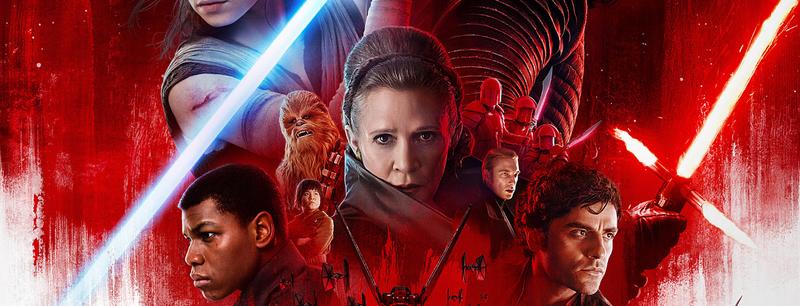
Responding To The Unexpected (Carrie Fisher’s Death)
Directing a Star Wars movie comes with a mountain of pressure. Unfortunately, Carrie Fisher’s unexpected death at the end of 2016 added a significant challenge as it required the existing story to be scrapped (assuming she doesn't die in the Last Jedi) and rebuilt from the ground up.
How do you move forward when a major player in your team is now gone? How can businesses learn to adapt and move forward during these unknown and significant curve balls?
Thoughts From Addison Williams:
The sad and untimely loss of Carrie Fisher caused a huge change in the Star Wars narrative. While nothing could have saved the original narrative that likely included Fisher in all three modern films, the responses of Kennedy, Johnson, and most of all Trevorrow can tell us a lot about how businesses should or shouldn’t handle a change in critical personnel.
Fisher’s death basically forces the fictional death or disappearance of Princess Leia as a character, and we might assume that Trevorrow’s story handled this twist in a way that was unsatisfactory to the others in charge of the story. Adding too much or too little weight to the loss of the character, or crafting a bad narrative around the loss, can make or break both a movie and a business.
Business owners have to consider the individual, irreplaceable value in others that work for or with their company. This is how we create a unique chemistry that leads to amazing results like Steve Jobs pioneering the iPhone and Carrie Fisher creating the timeless character of Leia. Failing to properly acknowledge a unique person means that the company will lose touch with what made it successful in the first place. For Star Wars, that would mean treating the death of a monumental hero in such a dismissive or trite way that fans are repulsed.
On the other hand, building up your whole story or business around a single player can be fatal. In the Star Wars universe, this could have happened if Trevorrow took the complete opposite approach to underplaying the death of Carrie Fisher. If the final movie in this trilogy completely rested on the loss of Princess Leia as a character, the implications could have been negative for Disney’s goal to create more Star Wars films after Episode IX. It could have also added undue weight to what the producers thought of as just one important beat among many.
In the same way, constructing a business process or brand around a single member of your team (even the CEO) can sink your success. Everyone can make mistakes or leave a company, and when you hang your hat on one person, no matter how strong or important, you risk the business and legacy as a whole.
Thoughts From Jason Montoya:
The unexpected death of Carrie Fisher was a hit to the gut, surreal in a way. Not only are they dealing with the death of a person who was a “family member” in the Star Wars production, she was a pivotal character in the original and new Star Wars movies. With her role increasing in The Last Jedi, it was rumored her part would be significant in the final film of the new trilogy. Now as the chief storyteller, Colin was tasked with creating a powerful film, and one that satisfactorily addresses this new missing character. I’d expect this is a huge stressful burden to wear.
I remember several years into our marketing company’s journey when we hired an office manager for the team. She was terrific for us. She embodied the strengths we lacked and was able to know what was going on, and what needed to be addressed. I didn’t always like her insights, but they were usually right on target. Her presence in the company made me and everyone better. Unfortunately, it was also a heavy burden and highly stressful for her. And then one day, she requested to meet with me privately and let me know she was giving her two weeks notice. Wow! This was a gut punch and all of sudden, the burden she was carrying was now on me to move forward. Without the maturity and experience, this was very challenging for me to adjust.
What I’ve learned from this and other similar scenarios is we need good systems where people play clearly defined roles. We also need to stay involved with a pulse check on our people so we’re aware of their involvement. And, we can’t put too much on any one person because it’s risky for the business and unfair to the individual. We should be regularly auditing each person with the magnum test. If they were to get shot (by a magnum gun), what happens to the business?
Now the interesting part of this whole unexpected twist is the opportunity it creates. In the case of Star Wars, Carrie Fisher’s death could result in a new and different way of exploring the Star Wars universe. Something wonderful could come of it if they embrace it and run with it. In a similar vein, the same is true for businesses. For me, I chose to grow as a leader and build a better company that was less reliant on one person. In other cases, it’s been a catalyst to develop new systems and ways of working with people. Without these unexpected events, we’d miss out on these opportunities for discovering creative solutions to impossible problems.

The Firing Of Derek Connolly, Co-Writer Of Star Wars 9
Not only was Colin Trevorrow hired to write and direct the upcoming film, his writing partner Derek Connolly also was a brought on to help write the script. Unfortunately, Kathleen Kennedy and Lucasfilm were not satisfied with the produced work, so they ended up firing him. While Colin Trevorrow initially wanted to leave out of loyalty, he ended up deciding to follow through on the project. Working on the largest project of his life outside of his comfort zone without the help he was expecting led to an extremely hefty challenge.
What are your thoughts on the matter? When our team leaders are placed in seemingly impossible situations, how can we best empower them to succeed?
Thoughts From Jason Montoya:
When it comes to delivering on a project, confidence in our own abilities has a great deal of influence on how we posture ourselves for the project. In the case of Colin, he’s experienced working with his partner and now all of sudden the entire burden is on his shoulders. If it were me, I’d be stressed. When we’re stressed it can either paralyze us or fuel us to create something great.
During my Noodlehead Marketing days, there was a relationship that led to a new project with a sizable multi-location eye clinic in the Atlanta area. It was pretty much a done deal that our marketing company would get the deal, but the owners were a team of seasoned doctors. I was young, inexperienced and they were intimidating. I didn’t think I could do the project, even though we had delivered on a similar type of project for many other clients.
Out of this insecurity, I ended up calling a friend who worked with a much larger digital agency. Together, I was confident we could manage the project well. Unfortunately, bringing in this new partner led to a sizable increase in cost, and it created a weird dynamic between the three of us. My decision here ended up sabotaging the deal and they sought out a different company to make it happen. While my story played out in the opposite way of Colin’s, I could imagine being in that situation if we had gotten the project together and the client fired the partner. If my confidence was heavily anchored in us working on this together, I’d have a hard time finishing it.
In another situation, I remember when one of my team member’s was struggling with project management. As a result, we brought on a project coordinator and eventually a full-time project manager. This was a huge help to moving us as a company forward. Unfortunately, the coordinator left to pursue her ambitions and the project manager left as a result of the chaos we operated in as a company. And like that, my team member was back in the same boat. But, this time we decided to approach the situation differently and ended up developing a system to manage projects as a team. It was effective and helped transform our company.
Whether it’s making movies or operating a business, the unexpected challenges come our way. While it’s great to plan for these scenarios, many times we won’t be prepared to take them on. It’s in these moments where we can choose to run away or rise to the occasion.
Thoughts From Addison Williams:
Derek Connolly and Colin Trevorrow are not just the sum of their parts. Because of their experience together, they most likely had a process in place that worked because each of them knew their roles. They may not have formalized the process, or it may be difficult or strange to learn, and for that reason, no one else could step in when Derek Connolly left.
Firing Derek Connolly before firing Trevorrow meant that Lucasfilm essentially didn’t understand Trevorrow’s process. If they thought they could break up the team to keep the good that Trevorrow brought and lose the bad they perceived as coming from Connolly, they were apparently wrong.
This is where both Lucasfilm and business owners can take away a very similar lesson: When a leader in your team makes a mistake, don’t focus on the content (where can I fix the parts of the story I don’t like?) but focus on the process (how are they creating this story?) It seems like Connolly was blamed for being the source of bad content, but with the right modifications to the process, Lucasfilm should have been able to get what they wanted from two experienced professionals like Colin and Derek.
Granted, Lucasfilm’s overarching business process still prevailed when the writing process failed. There’s a new director in place, and the films will move forward (unless J.J. Abrams gets replaced!)
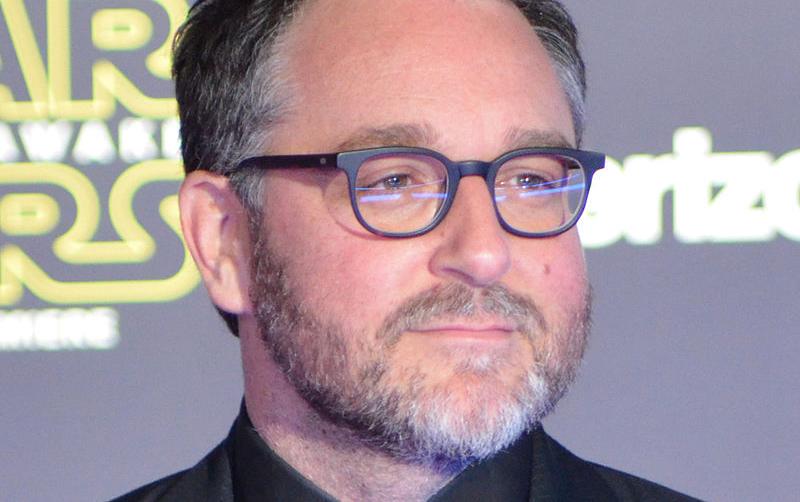
Parting Ways With Colin Trevorrow
It turns out Colin also struggled to independently put together a story that was in line and satisfactory to the studio. In fact, they hired another writer, Jack Thorne, to come in and polish the script, but it was too problematic to fix the root issues. While there was a pattern of storytelling issues, it seems the root problem was Trevorrow’s working relationship. Apparently, he was difficult to work with. As a result of the problematic working relationship and story woes, Disney parted ways by an explanation of differing visions just a few months before filming on Star Wars #9 was to commence.
What are your thoughts on how this relationship deteriorated and finally ended? When businesses are facing a situation with an employee, contractor or client where the only good way forward is parting ways, what words of wisdom would you provide?
Thoughts From Jason Montoya:
I can’t imagine what it’d be like firing the director of a major Hollywood film for the biggest franchise in history. With such a huge responsibility, I’d do whatever it took to make it work. But, like I mentioned above, sometimes doing everything possible to reconcile and move forward is not possible. It’s in these moments where the unpleasant decision to fire someone is necessary. And if there was one thing I liked least about operating a business, it was firing people.
In the situation I mentioned above, I spent a year working to make it right only to end up pulling the trigger. In that case, it was a year too long. The stress of the situation made me sick and the lack of a decision put a pause on moving the business forward. On the flipside, I had another situation where the relationship was quickly deteriorating and there was nothing I could do resolve it. In this case, I moved swiftly to terminate the person and it was really traumatizing for both of us.
When we work with people, we have relationships with them and we also hold the responsibility of their family’s provision. It’s no small thing, and one we need to be deliberate about. With this in mind, I’m more inclined now to take care of people during the process. If there is any pride, money, or something else involved, I want to let it go and be as generous as what is reasonable.
I remember one team member we had hired. He was very independent in his work in the company, but he was also heavily resistant to authority and my direction. I ended up restructuring his compensation to be driven by him following my direction.
Metaphorically speaking, he was trimming the hedges when I asked him to mow the lawn. While he was a terrific hedge trimmer, it was not what I asked of him and it was not what the company needed. With the new structure in place, I reminded him multiple times along the way what would happen if he didn’t mow the lawn. Unfortunately, he chose not to do it and was extremely surprised when I followed through on my commitment to not compensate him and fire him. It was rough and he responded poorly. While I didn’t like, it, I could understand. He was caught in bankruptcy and his vehicles were in foreclosure. He was about to hit rock bottom and I was the one to help him there.
While I didn’t pay him, I did go out and buy a gift card with my personal money and give it to him as a gift. I wanted to let him know I cared about him as a person even though I had an issue with his conduct.
Very rarely does a firing end well, so I think it’s our role to be deliberate about when and how we do it. We also need to make sure we do what we can to preserve the relationship and not let things or money make it worse.
Thoughts From Addison Williams:
If the firing of Colin Trevorrow seems like a spectacle publicly, I imagine that it was pretty ugly behind the scenes. It’s hard to imagine Trevorrow being “difficult to work with” according to reports from Kathleen Kennedy but still “really understanding when we fired him.”
When parting ways with a contractor or client, there are three things that I make sure to do to keep it clean:
- Define the status of where work is leaving off. Even though Trevorrow left, scrapping literally everything he did would be a mistake, even if the main benefit of keeping notes was to show Abrams what not to do.
- Make sure to separate what was done wrong from what was done right. Sometimes a person is 99% perfect for the job, but the 1% wrong is a complete dealbreaker. Don’t accuse the person of being a 100% disaster when you could either help that person improve their flaws or find a better fit somewhere else.
- Take care of the other person’s needs when you can. When letting clients go, I’ve offered to point them to agencies or contractors who are a better fit. With contractors, I’ve offered to provide a positive reference when they leave.
And when the other party wants to be messy with name-calling, sabotage, or shouting, remain calm. Make sure that, during a breakup, you don’t say or do anything that you’ll regret. Being kind and persuasive can go a long way towards making sure your account passwords aren’t stolen when someone leaves, and you’ll sleep better at night.
Because even though you hope the other party will be completely gone right away, it’s almost never that simple, and you still have to live with the things you say and do regardless.
In Conclusion
Final Thoughts From Addison Williams
The commercial duty of Disney and the cultural impact for directors can both come in conflict with our primary need as an audience: a film with immediate and lasting enjoyment. It’s important to remember that, no matter what internal toil we’re experiencing (like firing a director), the best thing we can do for ourselves, our employees, and our customers is to create an amazing product with a purpose.
Final Thoughts From Jason Montoya
Life and work are hard, but I think it’s of utmost importance that we create well-designed systems to prevent the type of scenarios we see in both the film industry and business sector. Prevention is always the best solution, but when we find ourselves in these scenarios no matter how well we’ve planned and set up systems to prevent them, I think we need to work through them deliberately, communicate explicitly and ultimately ensure people are taken care of in the process.
Hero Photo by Joshua Newton on Unsplash
